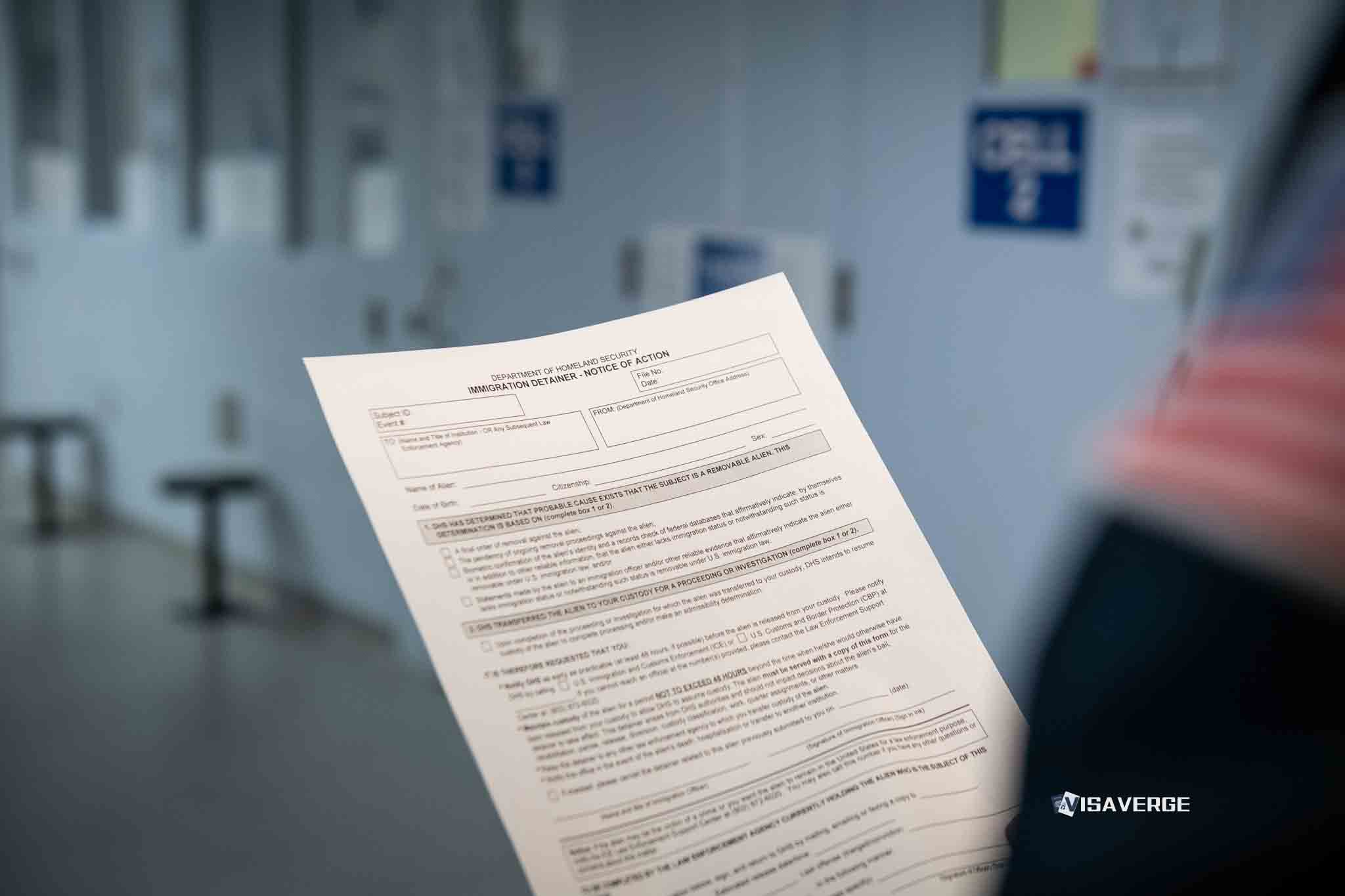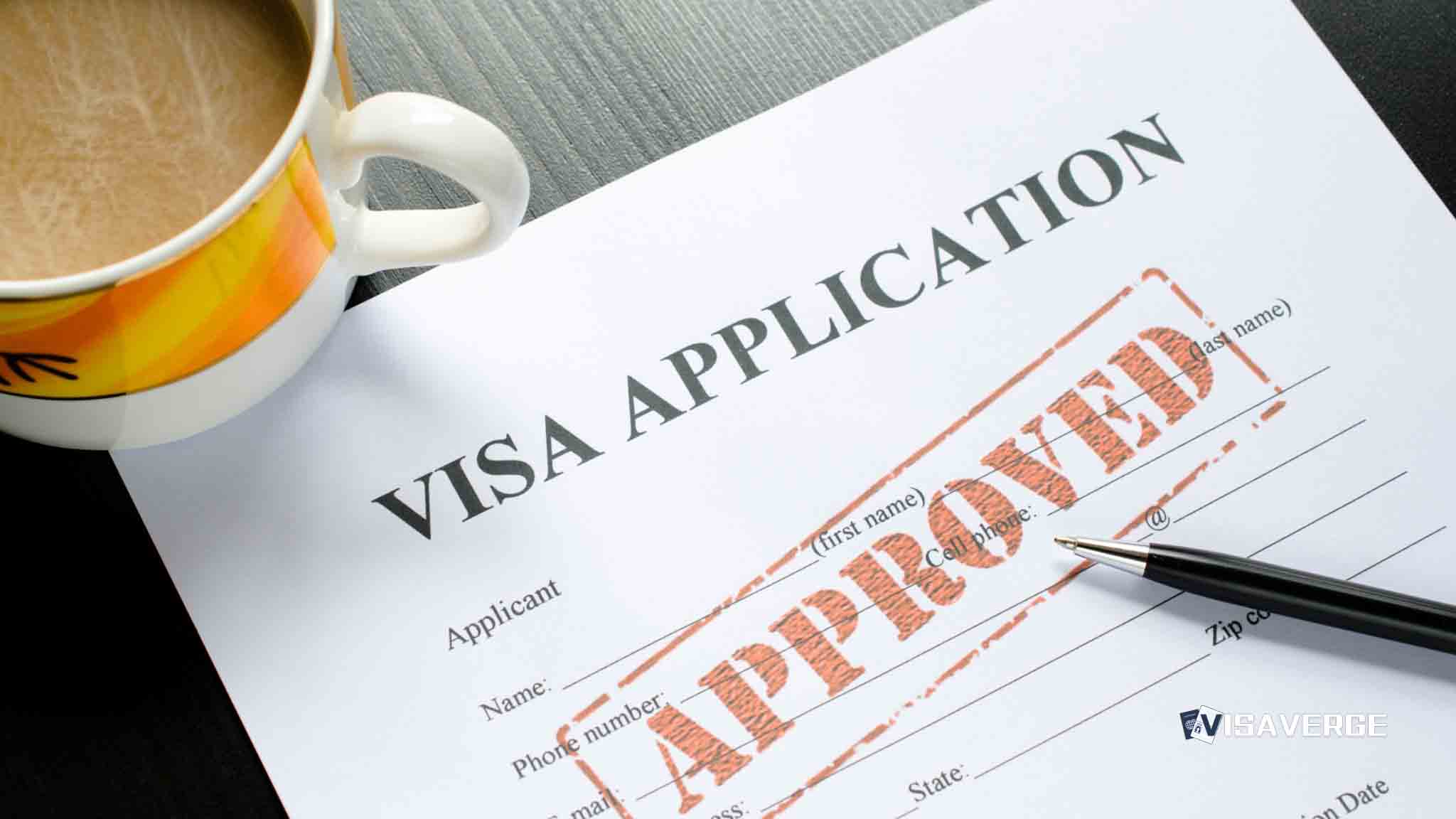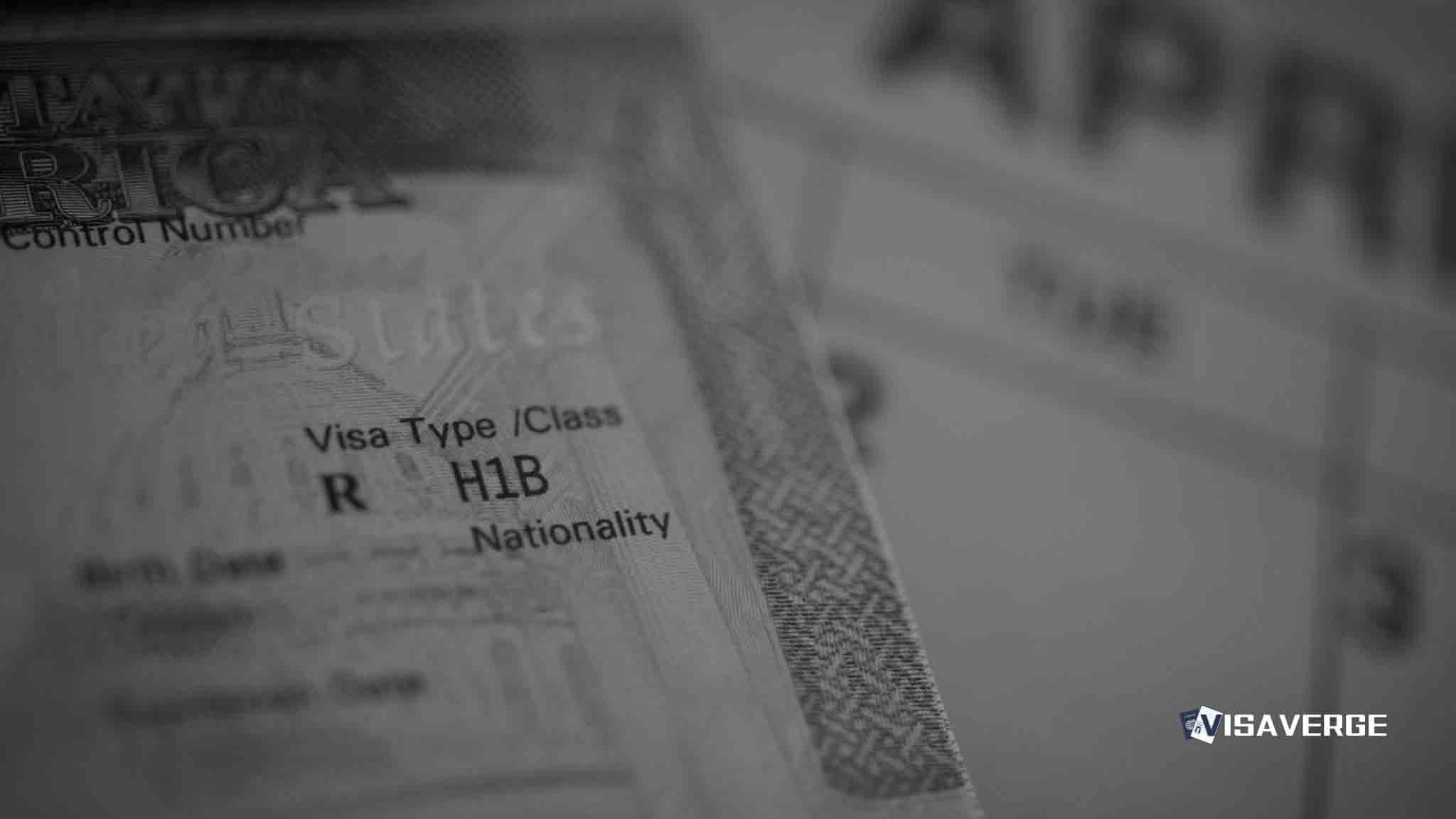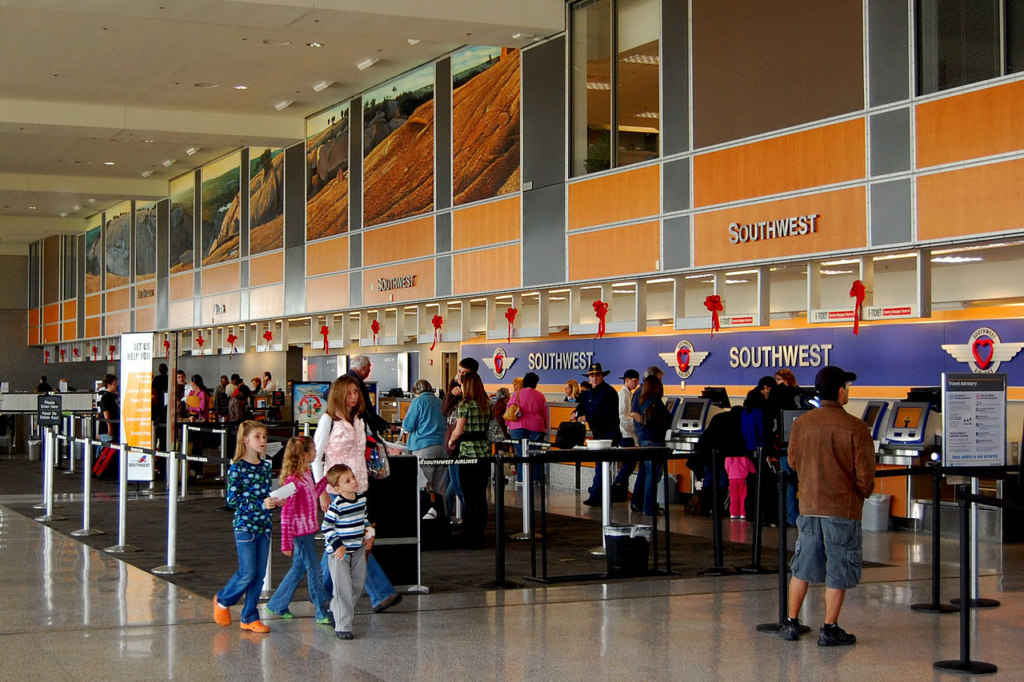Key Takeaways
• Qatar Airways ordered up to 210 Boeing jets, marking Boeing’s largest widebody order worth $96 billion.
• A total of 306 Boeing aircraft were purchased by airlines including IAG, AviLease, and Etihad Airways.
• These deals create U.S. jobs and strengthen business ties with Gulf and European partners amid strained U.S.-China relations.
Recent trade visits led by President Trump have set the stage for some of the most important Boeing Orders seen in years. During these official trips, foreign airlines and leasing companies signed up for a total of 306 new Boeing jets. These deals mean more work for American factories, more jobs across the United States 🇺🇸, and closer business ties with key partners in the Gulf region and Europe. This wave of deals comes at a time when U.S. plane exports to China have stalled because of ongoing trade disputes.
In this article, we break down who ordered the planes, why these Boeing Orders matter, and what these Trump Trade Deals mean for immigrants, businesses, and workers in the United States 🇺🇸 and beyond.
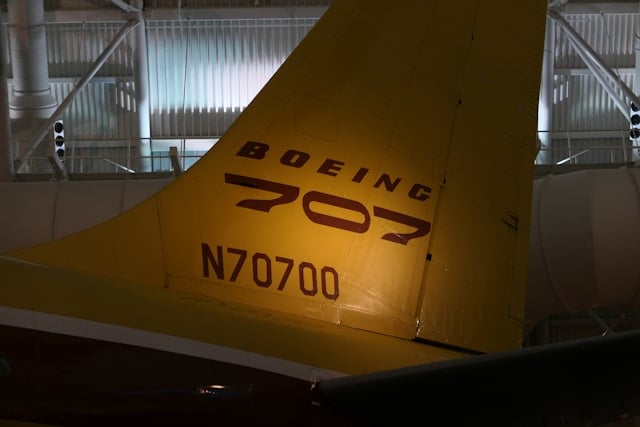
Major Boeing Orders Signed During Trump Trade Deals
Qatar Airways Takes Center Stage
Qatar Airways played the biggest role in these new Boeing Orders. During President Trump’s state visit to Qatar, the airline agreed to buy as many as 210 Boeing jets. This includes about 130 Boeing 787 Dreamliners, which are known for being fuel-efficient, and up to 30 new Boeing 777X jets, which are some of the largest and most advanced passenger planes flying today. Other sources say the deal could total between 160 and 210 jets if all future options are taken.
The total value of this Qatar Airways order is about $96 billion. This isn’t just a big number. It’s the largest widebody aircraft order in Boeing’s history, outpacing even the company’s earlier mega-contracts. Experts say this single Qatar Airways deal will support hundreds of thousands of U.S. jobs for years to come as factories fill the order and suppliers across the country ramp up production. These jobs aren’t just at Boeing’s own plants—they include parts makers, engineers, transport workers, and many other roles in the supply chain.
As reported by VisaVerge.com, this Qatar Airways order was signed as part of a set of larger economic agreements between the United States 🇺🇸 and Qatar 🇶🇦. President Trump’s team has emphasized that these Trump Trade Deals show American manufacturing strength and help build stronger links with Gulf nations at a time when U.S. companies face new challenges in other regions.
IAG: A European Giant Chooses Boeing
The International Airlines Group (IAG) is another big player among the 306 orders. IAG includes famous airlines like British Airways, Aer Lingus, Iberia, Level, and Vueling. The group’s order includes 38 Boeing planes, which breaks down as follows:
- Six Boeing 777-9s for British Airways, replacing older planes or adding a few more seats to growing routes
- Boeing 787-10 Dreamliners, which will be used across several IAG airlines
Deliveries for the IAG order are set between 2027 and 2033. Most of these planes will be used to update older fleets, but some will help IAG expand in key travel markets.
AviLease: Modernizing Saudi Arabia’s Fleet
Saudi Arabia 🇸🇦 has big plans to connect itself with the world, and expanding its aviation sector is a big part of that. AviLease, a company backed by the Saudi wealth fund, has ordered up to 30 Boeing 737 MAX jets. This includes 20 planes confirmed now, plus options for 10 more if needed later.
With this deal, Saudi Arabia is showing it wants to keep up with Gulf neighbors like Qatar 🇶🇦 and the UAE 🇦🇪 when it comes to building modern airlines and airports. The country’s leaders have made aviation a focus as they try to draw in more visitors, business people, and workers from abroad.
Etihad Airways Boosts Its Fleet
Not to be left out, Etihad Airways (the national airline of the United Arab Emirates 🇦🇪) placed an order for 28 new Boeing jets. Reuters valued this deal at $14.5 billion. This deal was signed during President Trump’s visit to the UAE near the end of his trade trip through the Middle East.
The mix of planes in Etihad’s order wasn’t specified, but the main point is clear: Gulf airlines are moving fast to upgrade their fleets and keep airlines running smoothly as global travel rebounds from the stress of recent years.
Quick Summary Table
| Customer | Aircraft Ordered | Key Models | Value |
|---|---|---|---|
| Qatar Airways | Up to 210 | 787, 777X | $96 billion |
| IAG | 38 | 777X, 787 | Not available |
| AviLease | Up to 30 | 737 MAX | Not available |
| Etihad Airways | 28 | Various | $14.5 billion |
| Total | 306 |
From Qatar Airways to IAG, each order comes with its own purpose, whether it’s flying more people to more places, updating older jets with safer and greener ones, or helping countries like Saudi Arabia 🇸🇦 and the UAE 🇦🇪 reach their long-term business goals.
Political and Economic Background
These Boeing Orders don’t exist in a vacuum. President Trump’s administration pushed hard for trade deals with allies during a time of strained relations with other trading partners. In fact, President Trump’s approach to trade centered around trying to “rebalance” trade relationships with countries like China 🇨🇳 by imposing new tariffs—taxes on goods that cross the border.
After a major escalation in trade tensions in April, China 🇨🇳 stopped placing new orders for Boeing jets. This was a hard blow to Boeing, which had come to count on Chinese customers for a big share of long-term business. In response, U.S. officials made a point to secure new deals with airlines in the Gulf region and with partners in Europe, a shift that can be seen in the makeup of these 306 Boeing Orders.
Key outcomes of this shift:
– Airlines in the Gulf region, especially Qatar Airways, have stepped up their orders, becoming a larger part of Boeing’s future plans.
– European companies like IAG, which once split their orders between Boeing and European rival Airbus, are now making higher-profile deals with U.S. suppliers.
– New contracts mean increased demand for U.S. manufacturing jobs and fresh opportunities in cities that supply, build, and service these planes.
President Trump’s administration linked each deal with a message of job growth and the importance of American manufacturing—a message often repeated in public statements during his foreign visits.
How Do These Orders Affect Immigration?
Whenever large deals like these are signed, the effects ripple far beyond just the companies involved. For people in the United States 🇺🇸 and other countries looking for work, such deals can mean more job openings in engineering, assembly, maintenance, and airport operations.
1. Job Creation and Economic Growth
Boeing’s factories need thousands of extra workers to build hundreds of planes. This often stirs increased demand for engineers, mechanics, designers, and even translators and customs experts to deal with overseas clients. People from many backgrounds—sometimes including skilled immigrants working in the U.S. on visas—benefit from this growth.
Hundreds of smaller companies across the United States 🇺🇸 make parts for Boeing jets, from engines to seating to specialized electronics. Many hire immigrants who bring valuable language skills, technical knowledge, and international contacts to their work.
2. International Travel and Mobility
When airlines like Qatar Airways and Etihad Airways add new, modern planes to their fleets, they can start more flights and open new routes. This is good news for people wanting to visit family, seek medical care, or do business in other countries.
More flights can also open the door for international students choosing to study in the United States 🇺🇸, people attending international conferences, and tourists spending money in American cities.
3. Strengthening U.S. Ties With Key Countries
Many U.S. immigration programs, especially those that welcome high-skilled workers or students, depend on strong relationships between countries. By deepening economic and business ties through air travel, these Boeing Orders make it easier for government officials to talk about expanding legal work and study programs.
Visa policies and trade go hand in hand; when partnerships grow stronger, it is often easier for business travelers, experts, and families to move across borders.
To learn more about how trade deals and business investments can affect visa opportunities and immigration options, you can visit the official U.S. Department of State Economic and Business Affairs page.
Airlines as Bridges Between Countries
Airlines like Qatar Airways are important not just as paying customers, but as links bringing people from their home countries to the United States 🇺🇸 and beyond. Well-known carriers focus on mixing business travel, cargo movement, and regular tourism. New planes from these Boeing Orders allow them to serve more cities, offer smoother and safer rides, and stay competitive with rivals.
This, in turn, leads to stronger ties between different countries. It may prompt mutual visa waiver talks, encourage more cultural exchanges, and build trust at every level—from business leaders to students and tourists.
The Long View: What Comes Next?
While the immediate headline is about 306 new airplanes, the longer story is about deeper ties, more jobs, and new chances for international movement. Boeing Orders made possible by direct talks at the highest political level make a difference not just for giant airlines, but for hundreds of businesses and thousands of workers.
Key Takeaways:
– Qatar Airways, with the single largest order, drives much of Boeing’s production pipeline for years to come.
– Trump Trade Deals have made Gulf countries and top European airlines more important to the U.S. aviation industry, especially as Chinese purchases vanish.
– Airline upgrades mean more work and more jobs in the United States 🇺🇸, including opportunities for immigrants with the right skills.
– Increased flights pave the way for greater travel, easier movement for students, and more chances for business growth.
These deals also show how closely connected trade, immigration, and international friendships can be. As U.S. factories get busy filling these Boeing Orders, the benefits will be felt in cities, airports, and families in many countries.
By carefully crafting trade agreements and keeping ties strong through companies like Qatar Airways, President Trump’s administration has highlighted how economic policy, job creation, and immigration links all move together.
For more in-depth information on U.S. trade and immigration policy—and how new deals may affect your options—visit reliable resources like VisaVerge.com or the official U.S. Department of State Economic and Business Affairs page.
Final Thoughts
The recent wave of 306 Boeing Orders is not just about filling factories or making a few companies happy. It sends a message that the United States 🇺🇸 is still a leader in global aviation and that strong political and business partnerships can open doors for everyone—workers, travelers, and families alike. These Trump Trade Deals, featuring Qatar Airways as the biggest customer, are a reminder that when countries work together, everyone stands to gain. In the world of travel, business, and migration, such moments bring real change and new hope for people chasing better opportunities across borders.
Learn Today
Boeing Orders → Large-scale contracts for Boeing aircraft, signed by major airlines or leasing companies, driving manufacturing and jobs.
Widebody Aircraft → Large passenger jets with two aisles, designed for long-haul flights and high capacity, like the Boeing 787 and 777X.
Visa Waiver Program → A U.S. policy allowing citizens from certain countries to travel without a visa for short business or tourism visits.
Trade Tariffs → Taxes imposed on imported or exported goods to influence trade relationships and domestic industry competitiveness.
Supply Chain → The network of companies and workers producing, assembling, and delivering components and finished products like airplanes.
This Article in a Nutshell
A surge in Boeing Orders was triggered by President Trump’s trade missions, culminating in 306 new aircraft sales, led by Qatar Airways’ record-breaking $96 billion order. These deals boost U.S. manufacturing, create thousands of jobs, deepen Gulf partnerships, and help counteract declining Chinese sales, influencing immigration, travel, and economic growth.
— By VisaVerge.com
Read more:
• Denver Sues Trump Administration Over FEMA Migrant Funds
• Homan Slams AOC in Fierce Trump Administration Showdown
• Donald Trump Unleashes New Tariff Rates on His Own
• Trump Shuts Down Asylum System on Day One
• California Attorney General Rips Trump Over Birthright Citizenship







